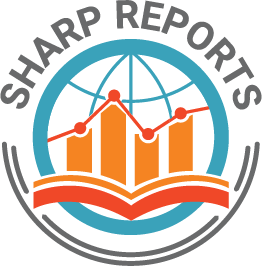The Beatson Institute for Cancer Research (BICR), a Scotland-based cancer research facility, is reportedly set to receive £1.8 million investment over the coming five years, as part of one of the largest funding grants awarded by a charity for cancer research.
As per reliable reports, the funding for the ground-breaking global initiative will be sourced from the BICR’s Grand Challenge, the world’s most ambitious cancer research grant, which aims to prevent, diagnose, and treat cancer on a global level.
Relevant sources affirmed that the Scots scientists are part of a group of researchers from the U.S., the Netherlands, and Manchester, who went through tough international competition in a bid to secure the funding. They promise to bring their bowel cancer expertise to the pioneering project. The project was selected by a panel of experts from ten special, multidisciplinary collaborations from institutes and universities across the globe.
According to Professor Owen Sansom, Director of the BICR, the latest funding is expected to be transformative in nature and will allow the institute to share the work with some of the world’s best research groups. With the innovative research, the group will find answers to the key questions about early cancer diseases, he added.
If reports are to be believed, the international project team is striving to figure out why certain tissues are affected by genetic faults. This fault can apparently affect the body if someone carries some potential, cancer-causing gene mutation, but it would only cause specific cancers like skin or breast. Reports added that the team will study and use this information to prevent or treat such cancers.
Bowel cancer, for the record, is one of the most commonly diagnosed cancers in Scotland, with about 3,700 new cases detected in 2016. The project at Cancer Research UK is fostered through an alliance with New York-based Mark Foundation for Cancer Research and is likely to speed up progress by 2034, so that 3 out of 4 people may survive their cancer for at least a decade.



